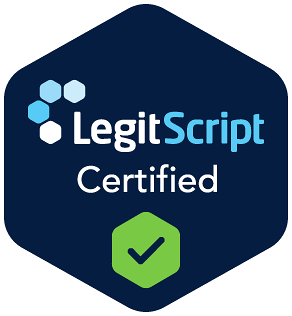
Witnessing your adolescent struggle with their impulses can be a trying experience for any parent. Given the multifaceted challenges adolescence presents, it’s essential to understand the avenues for treating impulsivity, which is often indicative of a broader condition such as impulse control disorder (ICD).
A comprehensive understanding of treatment strategies is paramount for parents and mental health professionals. It gives you the knowledge better to support the adolescent in your life or your care. The impulsivity seen in ICD can manifest in various forms, such as impulsive spending, risk-taking behaviors, and difficulty managing emotions.
If your loved one requires mental health treatment for adolescents, contact Massachusetts Center for Adolescent Wellness (MCAW) at 855.940.6229 today.
What Is Adolescent Impulse Control Disorder?
Impulse control disorder involves a chronic inability to resist impulsive behaviors that can be detrimental to oneself and others. In adolescents, the prefrontal cortex development, which plays a crucial role in judgment and impulse control, is not yet complete, making them particularly vulnerable to impulsive behavior.
ICDs in teens can manifest in various ways, such as:
- Intermittent explosive disorder
- Oppositional defiant disorder
- Conduct disorder
- Attention-deficit/hyperactivity disorder (ADHD)
- Substance use disorders
- Obsessive-compulsive disorder (OCD)
Without proper treatment, these behaviors can worsen and lead to significant consequences in adulthood. Recognizing these disorders is the first step toward effective treatment.
Signs of ICD in Teens
Some common signs of ICD in adolescents include:
- Difficulty controlling impulses and acting without considering consequences
- Engaging in risky behaviors with little regard for personal safety or the safety of others
- Frequent mood swings and difficulty regulating emotions
- Impulsive spending without considering financial consequences
- Recurring conflicts with authority figures, such as parents, teachers, or law enforcement
- Difficulty maintaining relationships due to impulsive behavior and anger outbursts
If you notice these behaviors in your adolescent, seeking professional help is crucial. The following section will discuss treatment options for ICD.
Treating Adolescent Impulse Control Disorder
Effective treatment for adolescent impulse control disorder often includes a combination of cognitive-behavioral therapy (CBT), medication, and family involvement. It is tailored to address the specific symptoms and needs of the individual, fostering better impulse management and healthier decision-making skills.
Therapy
Psychotherapy is often the first line of treatment for ICD in teens. Cognitive-behavioral therapy (CBT) can help adolescents learn to identify and manage their impulsive behaviors, as well as develop coping skills for emotions that may trigger impulsivity.
Medication
In some cases, medication may be necessary to manage symptoms of ICD in adolescents. Stimulant medications, typically used for ADHD, can help reduce impulsive behaviors and improve attention and focus.
Family Involvement
The support of family members is crucial in a successful treatment plan for adolescent ICD. Parents play an integral role in helping their children develop healthy coping mechanisms and boundaries for managing impulsivity.
Implementing Lifestyle and Educational Changes
Impulse control disorders often require significant lifestyle adjustments to manage effectively. This may involve limiting exposure to triggers, such as screen time, and creating structured, predictable routines.
Educational changes may also be necessary for adolescents struggling with ICDs. This might include specialized academic accommodations, such as a reduced course load, to alleviate stress and support the adolescent’s treatment.
Building a Supportive Network
No treatment plan is complete without a strong support network. Adolescents require the support of their family, friends, and an extended network of healthcare professionals. Peer support groups can be particularly beneficial, allowing teens to share experiences and coping strategies with others facing similar challenges.
Contact MCAW for Adolescent Mental Health Treatment
Recovery from an impulse control disorder is a journey, not a destination. The treatment strategies mentioned lay the groundwork, but ongoing maintenance and support are vital. Encouraging progress should be celebrated, and setbacks should be viewed as opportunities to adjust and strengthen the treatment plan.
When pursuing treatment for adolescent impulse control disorder, the integration of various strategies is crucial. It combines therapy, medication, lifestyle adjustments, education, and a strong support system that can pave the way for long-term success. Adolescents can learn to manage their impulses effectively and lead fulfilling lives with a tailored treatment plan and a commitment to continuous improvement.
Contact MCAW at 855.940.6229 today. Our team of experienced mental health professionals specializes in adolescent treatment and can help your loved one navigate their journey toward recovery.




